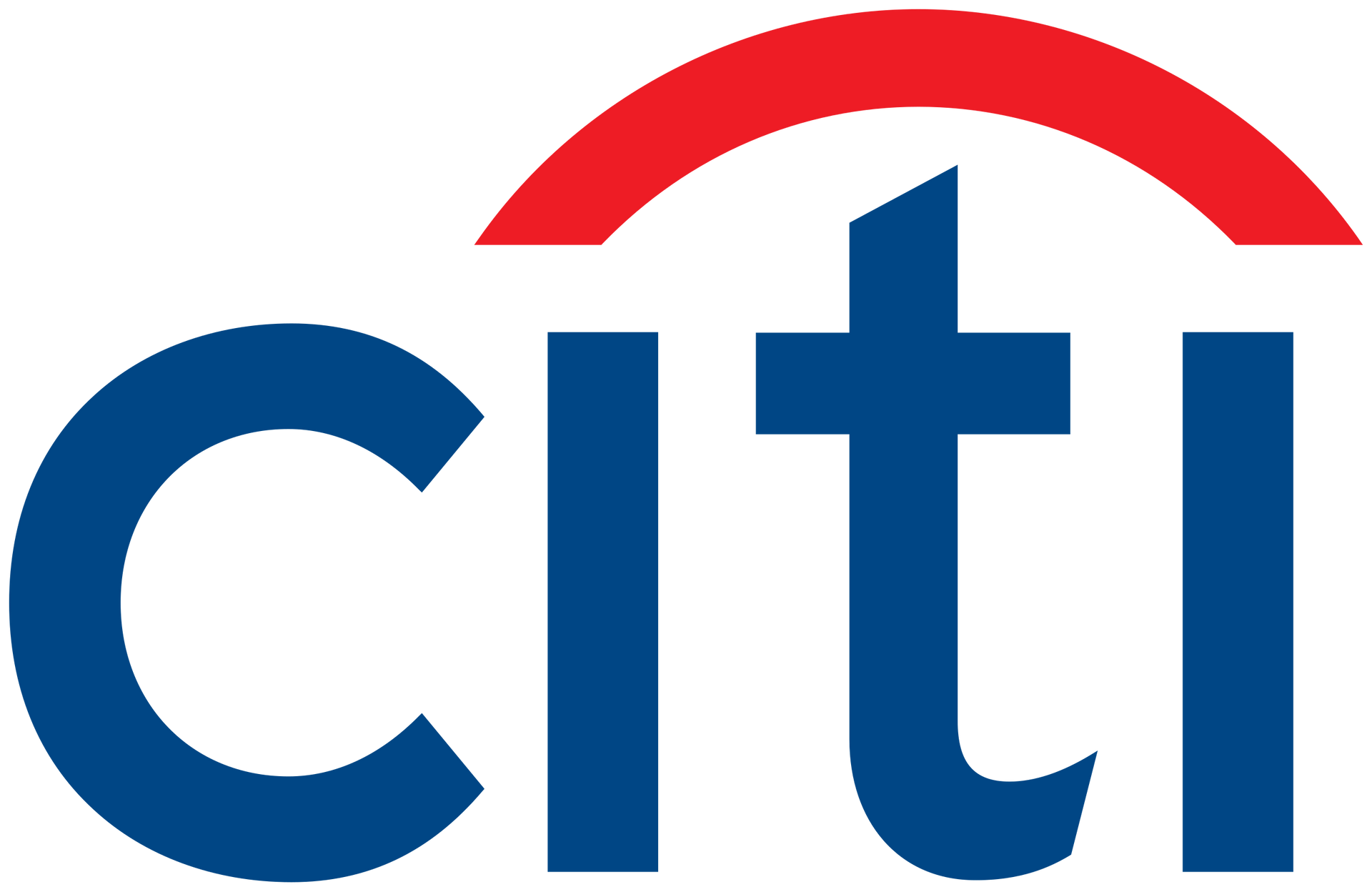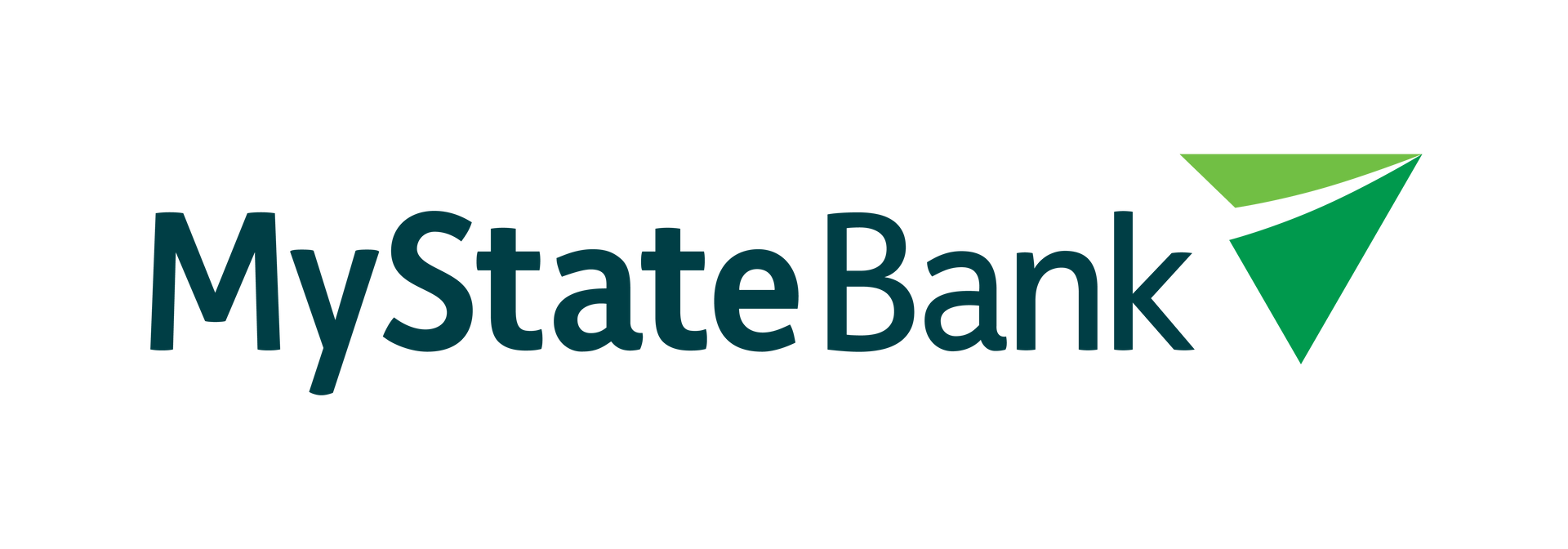How Does Refinancing Work?
Refinancing your mortgage can be a strategic move to secure a lower interest rate, reduce monthly payments or access equity in your home. However, the process can be intricate, requiring a thorough understanding of your financial position, market conditions and the various loan options available. This guide aims to help you navigate the complexities of refinancing, ensuring you make informed decisions that align with your financial goals.
What is refinancing?
Refinancing involves replacing your current mortgage with a new loan, typically with different terms and conditions. Homeowners opt for refinancing for various reasons, including securing lower interest rates, changing the loan term or accessing home equity for significant expenses or investments.
Key Reasons to Consider Refinancing
Lower Interest Rates: Capitalising on lower interest rates can reduce your monthly payments and overall loan cost.
Loan Term Adjustment: Refinancing allows you to modify your loan term, either shortening it to save on interest or extending it to lower monthly payments.
Accessing Home Equity: Extracting equity from your home can facilitate financial flexibility, enabling you to fund renovations, investments or other expenditures.
Debt Consolidation: Utilising your home’s equity to consolidate high-interest debts, such as credit cards or personal loans, can streamline your financial management and potentially reduce your interest burden.
Switching Loan Types: Transitioning between fixed-rate and variable-rate mortgages can be strategically beneficial, depending on market conditions and your financial outlook.
The Refinancing Process
Assess Your Financial Health: Evaluate your credit score, debt-to-income ratio and overall financial stability to determine your eligibility and the potential benefits of refinancing.
Define Your Goals: Clearly outline your objectives for refinancing, whether it's to lower monthly payments, change your loan term, or access equity.
Research and Compare: Investigate various lenders, loan options and interest rates to identify opportunities that align with your goals.
Calculate Costs: Consider the costs associated with refinancing, such as application fees, appraisal costs and potential penalties, to ensure the benefits outweigh the expenses.
Application and Approval: Submit your application, providing all necessary documentation, and await approval from the lender.
Closing: Upon approval, review the loan terms, sign the agreement and proceed to the closing process, which may involve paying closing costs.
Old Loan Settlement: Your new lender will settle your existing mortgage, and your refinanced loan will commence.
Key Benefits of Refinancing
Refinancing can unlock a range of benefits, acting as an important tool in financial management. It's more than just securing a lower interest rate; it's about sculpting your mortgage to serve your broader financial landscape and future aspirations.
1. Reduced Monthly Payments
Lower Interest Rates: Securing a lower interest rate can significantly reduce your monthly payments, providing immediate financial relief and enhanced cash flow.
Extended Loan Term: Spreading your loan over a longer period can also minimise monthly payments, albeit increasing the total interest paid over the life of the loan.
2. Interest Savings
Shortened Loan Term: Refinancing to a shorter loan term may slightly increase monthly payments but can save a substantial amount in total interest over the loan’s lifespan.
3. Cash Accessibility
Equity Access: Utilising the equity in your home through cash-out refinancing provides a lump sum that can be used towards home improvements, investments or other significant expenditures.
4. Debt Management
Consolidation: Refinancing can consolidate various debts into a single payment, potentially at a lower interest rate, simplifying financial management and potentially reducing monthly costs.
5. Risk Mitigation
Fixed-Rate Transition: Moving from an variable-rate mortgage to a fixed-rate mortgage can stabilise your payments, shielding you from market fluctuations and making financial forecasts and planning easier.
6. Improved Cash Flow:
Payment Flexibility: The enhanced cash flow from reduced payments can be redirected towards other financial goals, such as investments, emergency funds or debt reduction.
When Should You Refinance?
Interest Rate Drops: When market interest rates fall below your current rate by at least 1-2%, refinancing becomes a viable option to explore.
Improved Credit Score: A significantly enhanced credit score since your initial mortgage can qualify you for more favourable loan terms and rates.
Equity Build-Up: Once you’ve built substantial equity in your home, refinancing can be a pathway to access that capital for various purposes.
Loan Type Reevaluation: If your variable-rate loan adjustment period is approaching or if you wish to switch to a variable-rate loan from a fixed-rate mortgage, refinancing can be a strategic move.
Financial Restructuring: Should your financial goals or situation change, such as requiring lower monthly payments or desiring to pay off your mortgage faster, refinancing can realign your mortgage with your objectives.
Major Expenditure Planning: If you’re contemplating significant expenses, like home renovations or education fees, and wish to utilise your home’s equity, refinancing can be a viable avenue.
Debt Consolidation Needs: If you’re juggling various high-interest debts, refinancing to consolidate those into a single, potentially lower-interest loan can be a strategic debt management move.
Potential Disadvantages with Refinancing
Extending Loan Term: While refinancing to a longer-term can reduce monthly payments, it may increase the total interest paid over the life of the loan.
Closing Costs: Ensure the savings generated through refinancing surpass the closing costs and that these expenses do not negate the financial benefits.
Prepayment Penalties: Be aware of any penalties associated with paying off your original loan early and factor these into your cost-benefit analysis.
Over-leveraging: While accessing home equity can be beneficial, ensure it does not compromise your financial stability or significantly increase your loan-to-value ratio.
Conclusion
Refinancing can be a powerful tool to optimise your mortgage and enhance your financial position when navigated correctly. By understanding the process, identifying clear objectives and conducting thorough research, you can leverage refinancing to align your mortgage with your financial goals and navigate towards a secure financial future.
If you're considering refinancing and need professional advice, get in touch with Your Advisor Group on the Gold Coast. We have access to over 60 banks and lenders and can help you find the most suitable refinancing solution.
Refinancing FAQs
When is the best time to Refinance?
The optimal time to refinance is typically when interest rates are lower than your current rate, and when you have a solid financial standing to qualify for favourable terms.
How does refinancing impact credit scores?
Refinancing can have a short-term impact on your credit score due to the new loan application. However, consistent, timely payments on your new loan can positively influence your score over time.
Can I refinance with the same lender?
Yes, you can refinance with your current lender, which may streamline the process. However, it's crucial to compare offers from various lenders to ensure you secure the best deal.
What is a cash-out refinance?
A cash-out refinance involves taking a new loan larger than your existing mortgage, allowing you to access the difference in cash, which can be utilised for various purposes.
Written By Tyler Cornish
Tyler is the principal mortgage broker at Your Advisor Group and has been in the industry for nine years. His experience and knowledge allow YAG’s clients to receive the highest chance of loan approval. Having helped all types of clients from first home buyers to experienced investors, Tyler takes the time to educate all his customers throughout their loan applications.
Our Lending Partners


















Contact Our Brokers Today
Thank you for contacting YAG: Your Advisor Group.
We will get back to you as soon as possible.
Please try again later.
Site Links
Home Loans
Business Finance
Your Advisor Group Pty Ltd ACN 631535236 is authorised under LMG Broker Services Pty Ltd ACN 632 405 504 Australian Credit Licence 517192
Privacy Policy |
Terms and conditions
The information provided on this site is on the understanding that it is for illustrative and discussion purposes only. Whilst all care and attention is taken in its preparation any party seeking to rely on its content or otherwise should make their own enquiries and research to ensure its relevance to your specific personal and business requirements and circumstances. Terms, conditions, fees and charges may apply. Normal lending criteria apply. Rates subject to change. Approved applicants only.
1There may be occasions where you may be charged a fee by your broker.
2Your broker is able to assess each lender's approval times and identify those that can provide approval quickly, however this is subject to change and can vary significantly based on how complex is your loan application and how quickly you’re able to provide the information we need.
3Not all lenders are available to all brokers. The exact details of the lenders your broker has access to is disclosed within the Credit Guide your broker gives to you when providing credit assistance or is available upon request.
All Rights Reserved | Your Advisor Group


